IELTS: The Key to Future Success – A Comprehensive Guide from A to Z to Achieve High Scores
IELTS (International English Language Testing System) has long become one of the most globally recognized English proficiency tests. This exam is not only a criterion for studying abroad and working but also a key factor in opening up opportunities for immigration to developed countries. Given its comprehensive nature, thorough preparation and mastering test-taking strategies are essential if you want to achieve a high score. The following article will help you better understand the IELTS exam and provide ways to optimize your skills to pass it with your desired score.

1. What is IELTS?
IELTS (International English Language Testing System) is an international English language testing system designed to assess the language ability of those who wish to study, work, or immigrate to English-speaking countries. IELTS is co-organized by the British Council, Cambridge Assessment English, and IDP: IELTS Australia.
The IELTS exam is divided into two main types:
- Academic IELTS: Suitable for those intending to study at universities or professional educational institutions abroad.
- General Training IELTS: Suitable for individuals aiming to work, immigrate, or attend training programs not part of the higher education system.
Both formats assess the four main English skills: Listening, Speaking, Reading, and Writing, thereby providing a comprehensive evaluation of the candidate’s language abilities. With a score range from 1 to 9, IELTS gives a clear picture of a candidate’s English proficiency and is widely accepted by over 10,000 organizations worldwide, including universities, government agencies, and international institutions.
IELTS is not just a test but a gateway to study, work, and live in developed countries. Therefore, achieving a high score is crucial to improving your chances of success in both education and career paths.
2. Why is IELTS important?
IELTS is a test that assesses the four main language skills, including Listening, Reading, Writing, and Speaking. Not only is it required for applications to study abroad or work in English-speaking countries, but IELTS is also widely recognized by prestigious universities and international organizations worldwide. Here are some specific reasons why IELTS is so important:
Study Abroad Opportunities
IELTS is a mandatory entry requirement for most universities in English-speaking countries such as the UK, the US, Australia, Canada, and New Zealand. A high IELTS score not only meets admission requirements but also enhances your chances of receiving scholarships from top universities. This opens the door to studying in a professional academic environment and developing your future career.
Career Opportunities
Multinational corporations and international organizations often require an IELTS certificate to assess an applicant’s English communication skills. A high IELTS score demonstrates your proficiency in the language, giving you an advantage over other candidates. In fields like engineering, healthcare, finance, and IT, English skills are essential for working in a globalized environment.
Immigration Opportunities
IELTS is also a mandatory requirement for immigration applications in many countries, such as Australia, Canada, and New Zealand. The higher your IELTS score, the better your chances of immigration and integrating into society. These governments require applicants to have a sufficient level of English proficiency to communicate and work effectively in a new environment.
3. IELTS Test Structure
IELTS assesses all four skills: Listening, Speaking, Reading, and Writing, and evaluates the candidate’s ability to use English in different contexts. Below is a detailed breakdown of each test section:
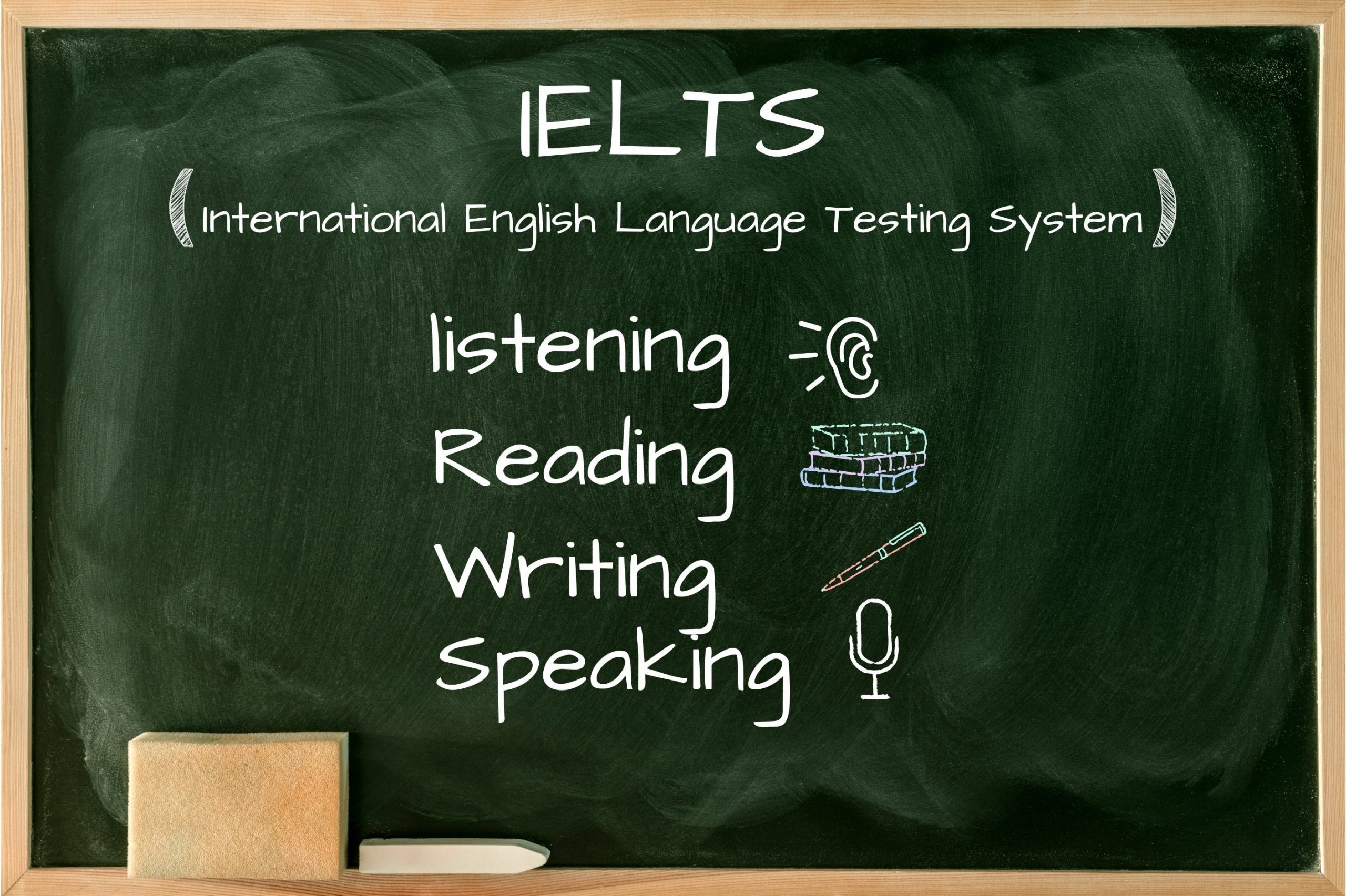
Listening Section
The Listening section lasts about 30 minutes with 40 questions. You will listen to four different recordings, ranging from everyday conversations to academic discussions and lectures. Each recording comes with questions that test your ability to understand the main ideas, specific details, and draw conclusions. This part of the test requires high concentration as you only hear the audio once.
Reading Section
The Reading section lasts 60 minutes and includes 40 questions. The test is divided into reading passages, depending on the type of test you choose (Academic or General Training). The reading passages in the Academic test are more academic and complex, while those in the General Training test may come from magazines, newspapers, or instructional materials. This section assesses your reading comprehension, ability to find details, and analytical skills.
Writing Section
The Writing section lasts 60 minutes and consists of two tasks. For the Academic test, the first task requires candidates to analyze a chart or diagram, while the second task asks for an essay defending a point of view. For the General Training test, the first task involves writing a letter in response to a specific situation, and the second task is an essay.
Speaking Section
The Speaking section is a face-to-face interview between the candidate and the examiner, lasting 11-14 minutes. It is divided into three parts: introducing yourself, discussing a specific topic, and answering questions related to that topic. The examiner will evaluate your speaking skills based on fluency, vocabulary, grammatical accuracy, and the ability to express ideas clearly.
4. How to effectively prepare for IELTS
To achieve a high IELTS score, systematic and persistent preparation is essential. Here are some ways to practice and improve your English skills:

- Listening Practice: Improve your listening skills by regularly listening to English news, podcasts, or watching movies with subtitles. Try practicing with past IELTS listening tests to familiarize yourself with the format and pace of the exam.
- Reading Practice: Reading academic materials in English will help you get used to the long and complex passages in the Reading section. Focus on understanding the main ideas, skimming techniques to quickly capture information, and effective ways to answer questions. Don’t forget to practice with sample tests to familiarize yourself with the structure.
- Writing Practice: To enhance your writing skills, practice writing essays daily on common IELTS topics. Focus on the structure, logical argumentation, and precise vocabulary. Ensure that your writing is clear, coherent, and persuasive.
- Speaking Practice: Speaking fluency requires regular English communication practice. Practice speaking with native speakers or join English classes to improve your conversational skills. Confidence and a relaxed attitude will help you achieve higher scores in this section.
5. Effective IELTS Test Strategies
To achieve a high score in IELTS, in addition to mastering the content, you also need reasonable test strategies. Here are some important strategies:
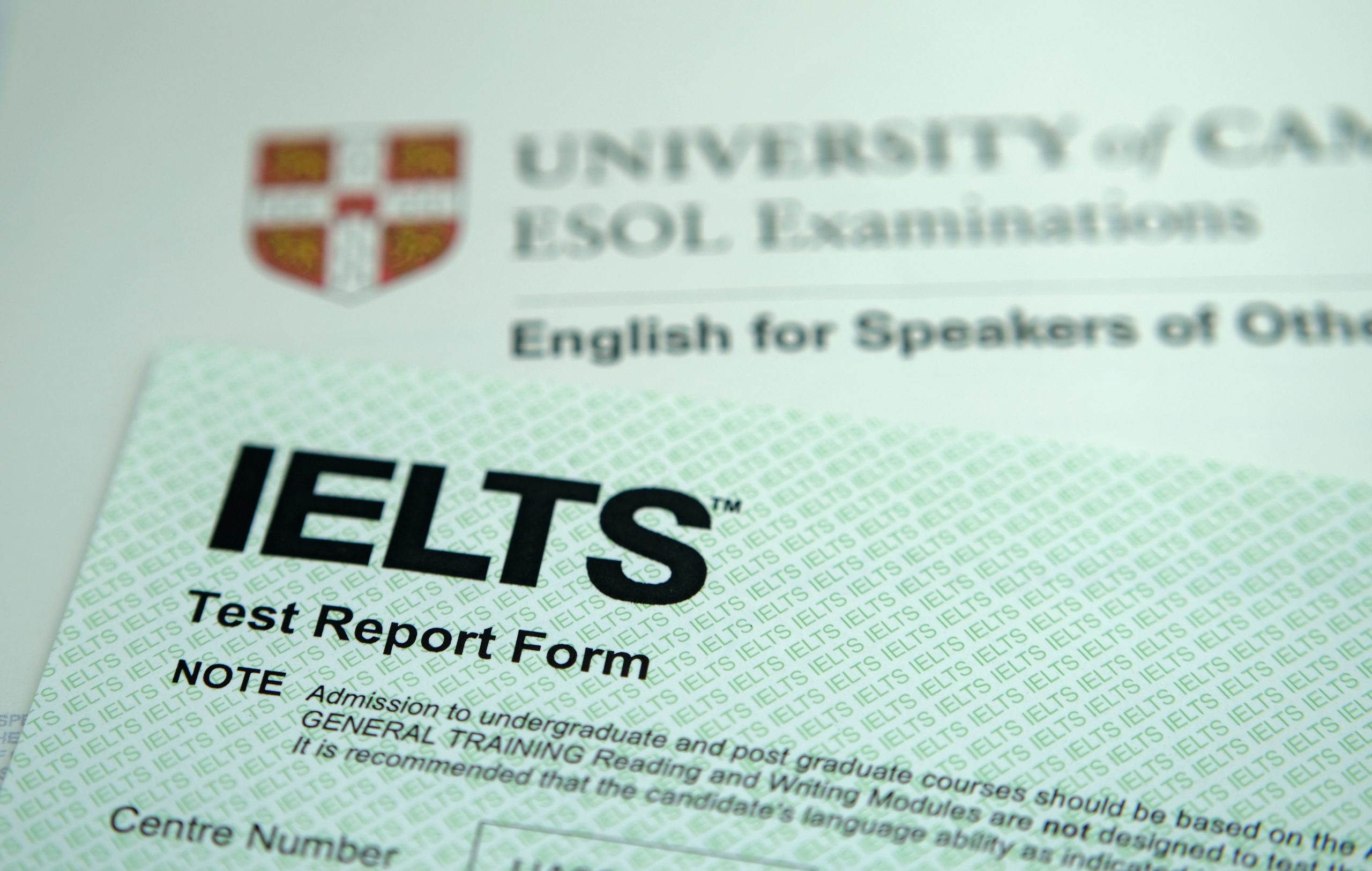
- Time Management: Managing your time is key to completing all parts of the test within the allotted time. Make sure you spend enough time on each question, without focusing too much on one at the expense of others.
- Skimming Technique: In the Reading section, skimming will help you capture the main idea of the passage without reading every word. Practice skimming and searching for key information to answer questions quickly and accurately.
6. Effective IELTS Study Plan
If you want to achieve a high IELTS score, start by setting your target score and creating a specific study plan. Here’s a suggested study plan:
- Identify strengths and weaknesses: Before starting your preparation, assess your current abilities by taking a sample IELTS test. This will help you identify your strengths and weaknesses, allowing you to focus on improving the areas where you need the most help.
- Practice one skill at a time: Instead of trying to practice all skills at once, focus on one skill in each study session. For example, spend one day on Listening, another on Reading, and so on, until you master all four skills.
7. Conclusion
IELTS is not just an English test but a gateway to countless opportunities for studying, working, and immigrating abroad. With thorough preparation, smart study strategies, and strong determination, you can achieve your desired IELTS score. Remember, success in the IELTS test comes not only from knowledge but also from patience and continuous effort.
If you’re on the journey to conquer IELTS, start today. Don’t hesitate to challenge yourself, as confidence and determination will be the keys to overcoming any obstacles. Good luck, and may you achieve great success in your future endeavors!
Contact us for more PDF books to support your IELTS preparation:
Email: totalreads.store@gmail.com
Website: totalreads.store
Facebook: facebook.com/totalreads.store
- IDP IELTS – Your Key to Success with Optimized Methods for the IELTS Exam
- 10 Effective IELTS Reading Strategies to Achieve High Scores
- IELTS Band Score: Everything You Need to Know to Achieve a High Score
- IELTS Online Test: A Convenient Solution to Conquer the IELTS Exam Quickly and Effectively!
- IELTS Band Score: Tips to Achieve a High Score in the IELTS Exam
Bài viết cùng chủ đề:
-
IDP IELTS – Your Key to Success with Optimized Methods for the IELTS Exam
-
Edmicro IELTS – The Comprehensive Solution to Help You Master IELTS Effectively
-
British Council IELTS: Proven Strategies and Effective Study Plan for Your IELTS Success
-
7 Key Tips to Boost Your IELTS Band Score Quickly and Effectively
-
The Most Effective Strategies to Boost Your IELTS Reading Band Score for Every Student
-
10 Effective IELTS Reading Strategies to Achieve High Scores
-
Boost Your Chances of Acing IELTS with Mini IELTS: The Ultimate Platform for Every Candidate
-
IELTS Reading Practice for High Scores: Effective Study Strategies from A-Z
-
IELTS Bro: The Ultimate IELTS Study Plan for Achieving High Scores
-
IELTS Band Score: Everything You Need to Know to Achieve a High Score
-
IELTS Band Score: Tips to Achieve a High Score in the IELTS Exam
-
IELTS Scoring Scale: 9 Tips You Need to Know to Achieve a High Score and Conquer the Test
-
Master IELTS with IELTS Fighter – The Ultimate A to Z Guide for Achieving Your Dream Score
-
IELTS Online Test: A Convenient Solution to Conquer the IELTS Exam Quickly and Effectively!
-
7 Effective Tips for Online IELTS Testing – Achieve the Highest Score with an Optimal Study Plan


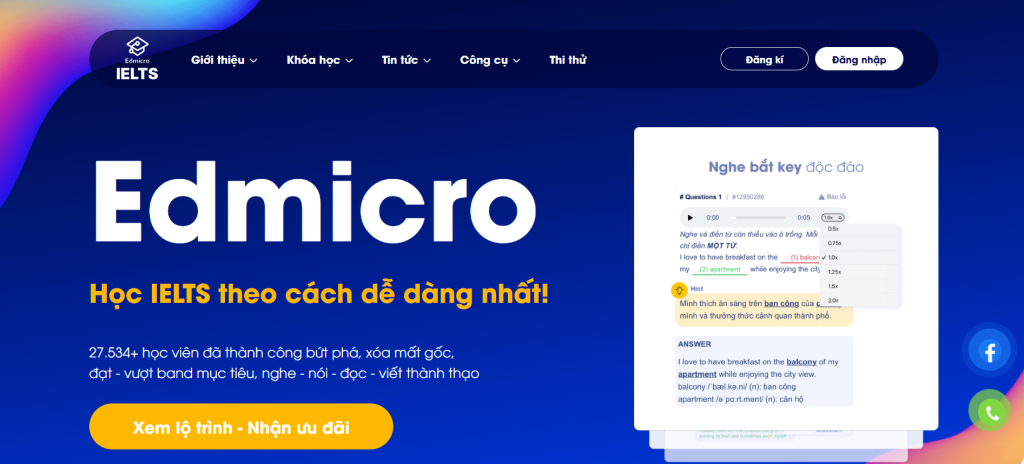
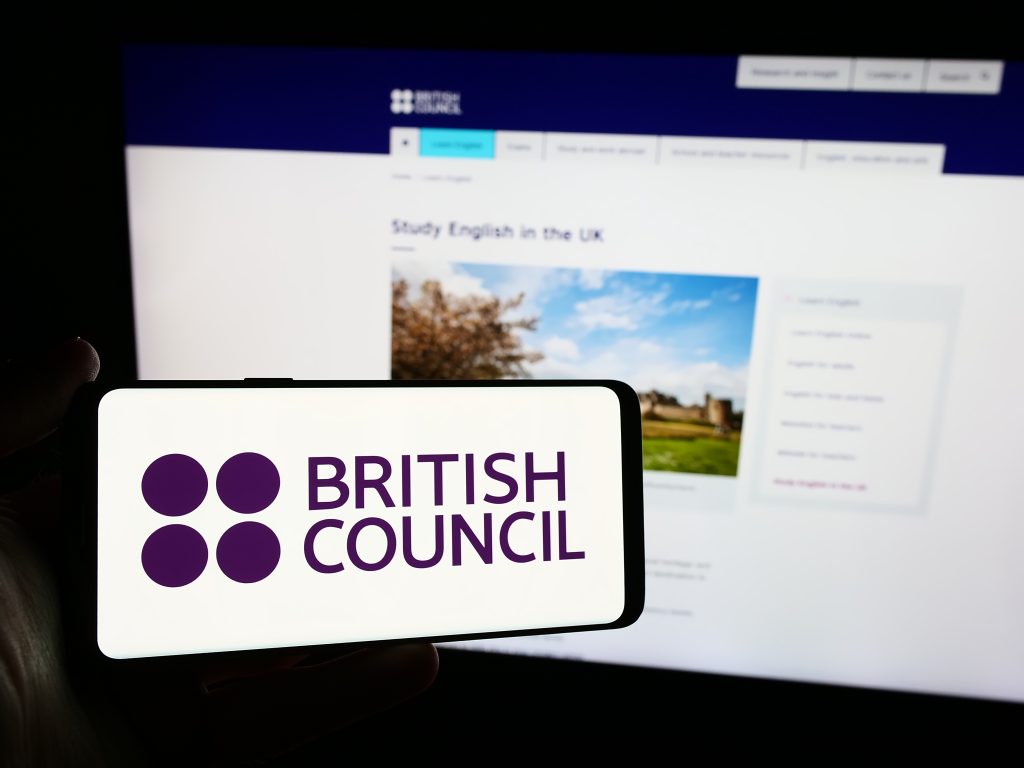



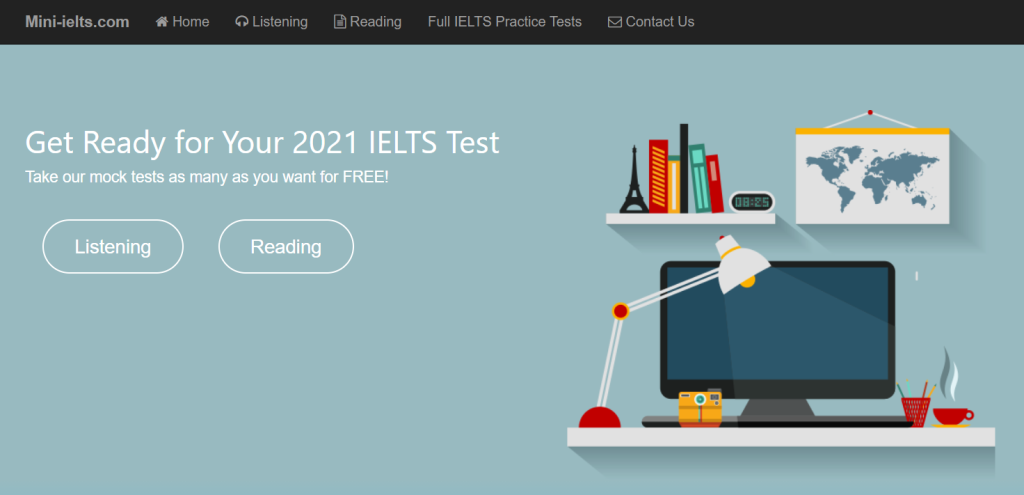

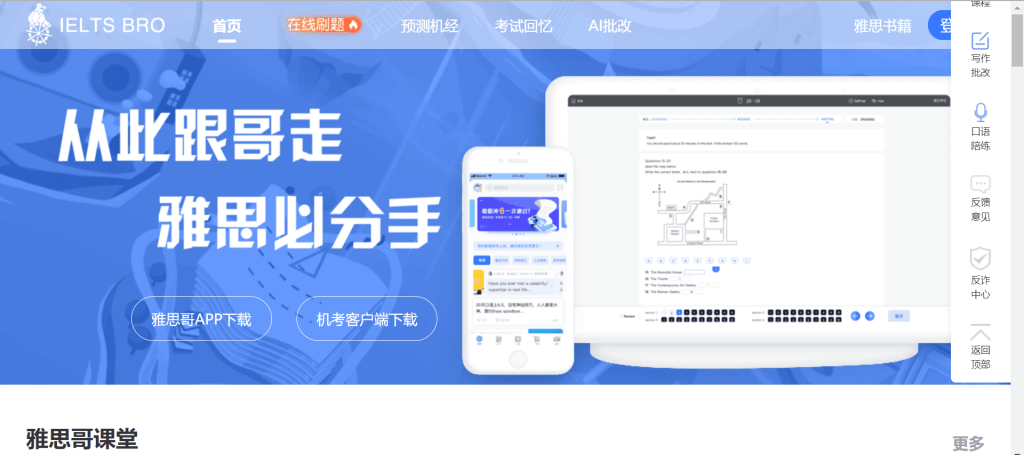
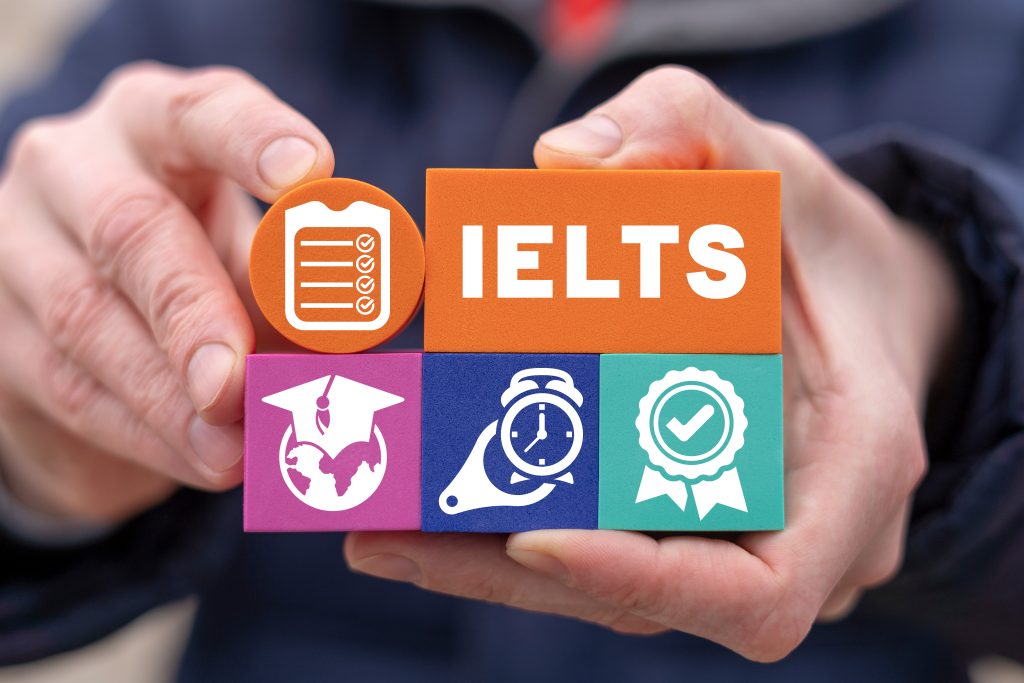
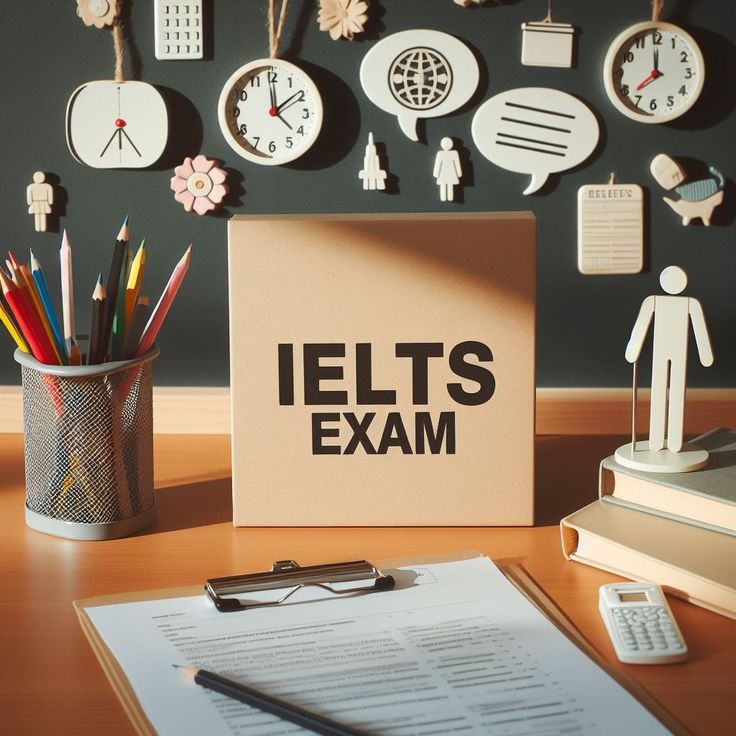
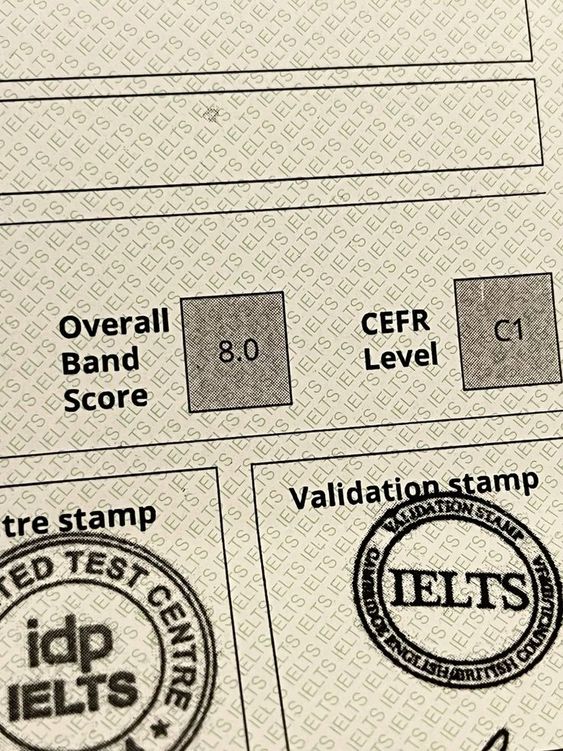



…
…